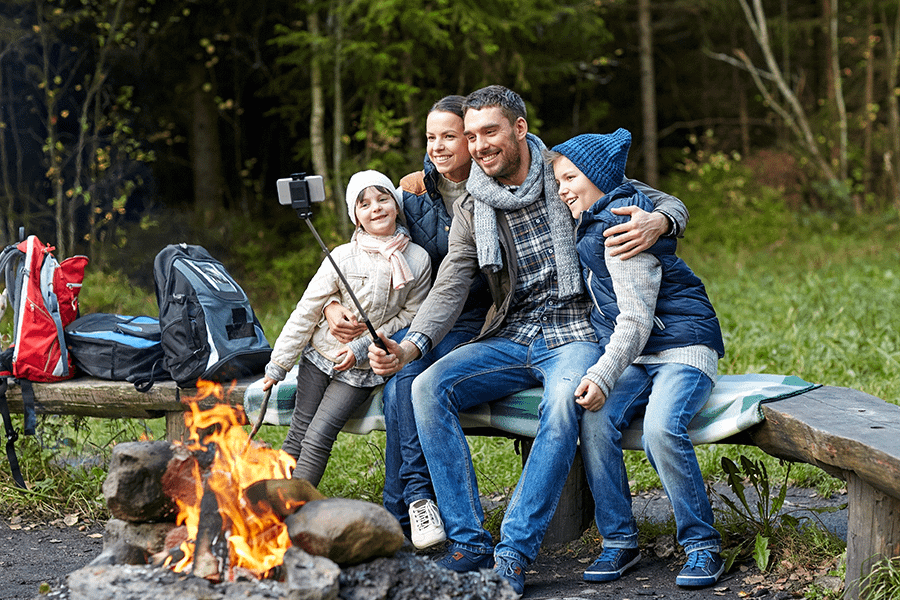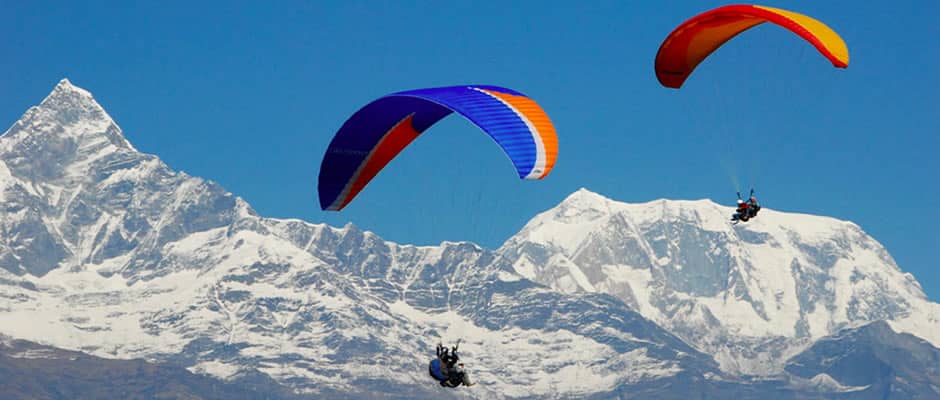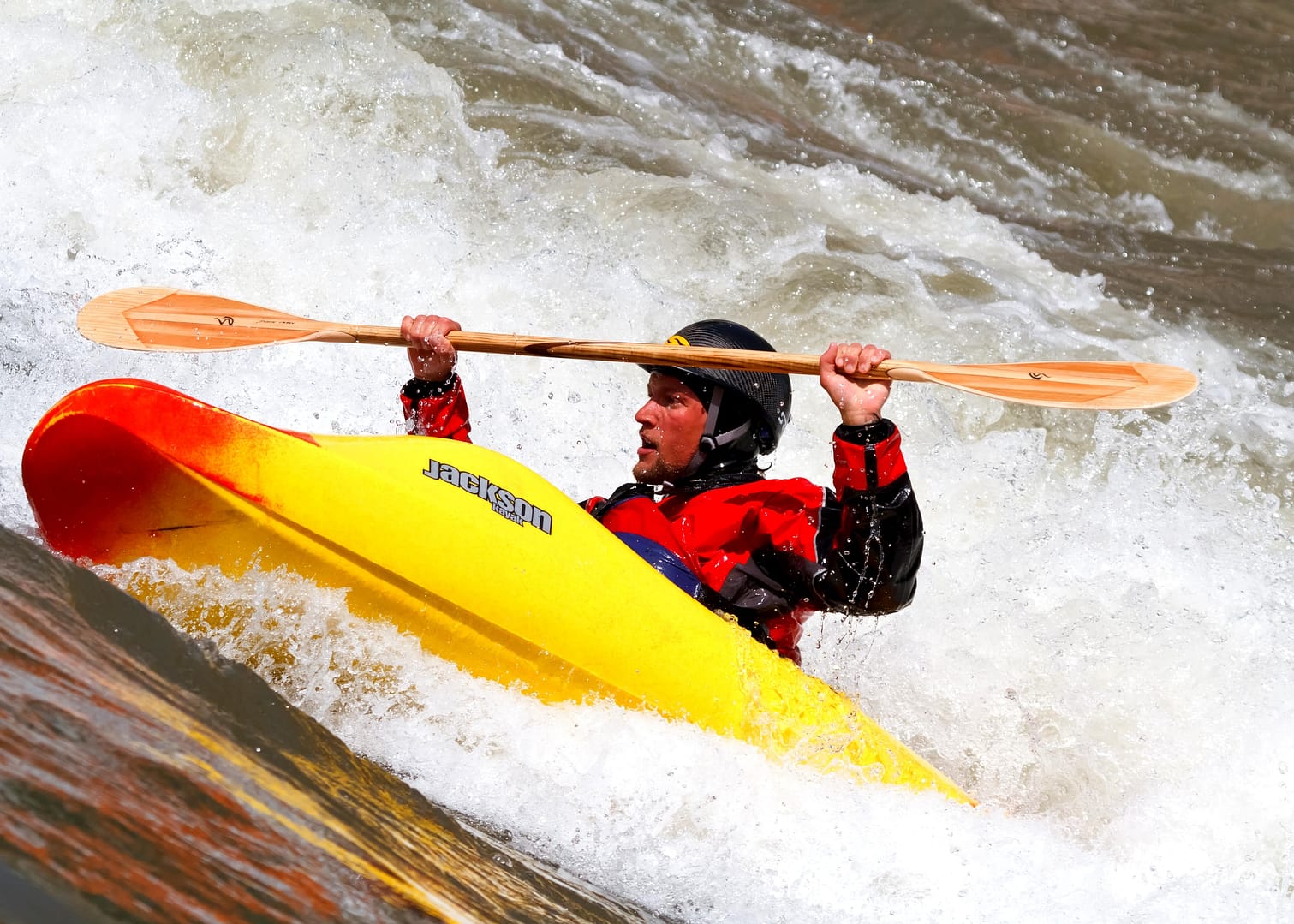Own Crockeries
After the pandemic, when eating at a campsite, the main concern is the cleanliness of the dishes being used. One option is to use disposable dishes, but this can create problems with waste management in the wilderness. A better solution is to bring your own reusable dishes (such as a plate, spork, lunchbox, and bowl). These can be washed and reused on every trip to nature, ensuring sustainability and safety for years to come.
Campsites for self camping

Industry experts widely agree that after the pandemic, individuals will likely opt for traveling in small groups consisting of close family members or friends, either in their own vehicles or privately rented ones. In situations where camping equipment and utensils are readily available and personally owned, self camping would be the ideal choice for ensuring safety and avoiding large crowds. The notion of camping will undergo positive changes, leading to the emergence of numerous open campsites to meet this demand. Additionally, several previously managed assisted campsites will also allow individuals to camp independently.
Explore More Outdoor Activities

According to numerous surveys, it has been found that after the pandemic, individuals prefer visiting less crowded areas in small groups. Achieving this desire would involve engaging in outdoor activities such as trekking, camping, kayaking, scuba diving, paragliding, surfing, and more. On the other hand, gyms, swimming pools, and cinema halls are expected to be less popular choices.
Explore Popular Treks in India
Exploring more and different adventure sports will give an idea which sport suits the best for each individual. Once that is understood it is obvious to take that particular sport seriously and make it part of life. Having command over an adventure sport allows exploring more remote and beautiful places in the world away from the crowd and chaos. There are many sports to explore and to develop command over it, like, mountaineering, rock climbing, trekking, kayaking, sailing, paragliding, scuba diving just to name a few.
RV (Recreational Vehicle) or Campervan Culture
If it’s a code or if it’s a math formula, say “I cannot reword”:
People who are eager to travel when it is deemed safe would prefer recreational vehicles (RVs) if they are readily available and the necessary arrangements are in place. RVs provide a sense of adventure and safety, as the entire trip can be completed with less worry once the vehicle is properly sanitized and cleaned. Since it is a private vehicle, the risk of external contamination is minimal, making the stress of choosing different hygienic accommodations in various destinations irrelevant. The culture of RV touring, which was not popular in India, will soon become popular. It would be a convenient option for both domestic and eventually international travelers.
The popularity of watersports is increasing.

India, despite its diverse geography and climate, has not fully embraced watersports as a popular activity among travelers. However, once travel becomes safe again, individuals will likely prefer to visit less crowded destinations closer to home, avoiding public transportation. For many people in our country, water bodies such as rivers, lakes, backwaters, lagoons, oceans, and beaches will be more appealing options than mountains. These locations, which are suitable for watersports, will become the preferred travel destinations. Adventure sports that are easy to learn or have short learning curves will gain popularity quickly. Paddlesports like Stand Up Paddling, Kayaking, Canoeing, and rafting are expected to attract more attention, followed by surfing, sailing, and scuba diving.
Awareness of Outdoor and Adventure activities
In the post-pandemic era of the new normal, as people increasingly embrace outdoor activities and adventure travel, the significance of promoting adventure values and sustainable travel practices becomes crucial. Organizations involved in adventure travel will prioritize raising awareness, thereby enhancing the overall popularity of this concept.
The improvement of adventure travel in India is expected.
It may not be clear when it will be safe to start traveling or when adventure travel will become the new normal. However, one thing is certain: adventure travel, which often takes place in natural and less crowded areas, can be done with confidence. Just like the concept of “Survival of the Fittest,” the survival of this industry depends on how quickly it adapts to provide a safe, hygienic, and immersive adventure experience for guests. It is also crucial for outdoor and adventure companies to prioritize guest safety and instill confidence in travelers, so they feel comfortable entrusting their lives and travel aspirations to them.
After the pandemic, when it is safe to travel again, it is important for both travelers and travel companies to prioritize sustainable and ethical travel. The main focus of adventure operators should be ensuring the safety of travelers and offering meaningful experiences. Instead of large groups of people on popular trails or campsites, smaller closed groups should be encouraged, allowing for a greater appreciation of nature and the adventure itself. The pricing of these adventures should reflect the quality, safety, and value of the experience, rather than simply being a cheap deal. Both travelers and adventure companies need to have a conscious understanding of this.



